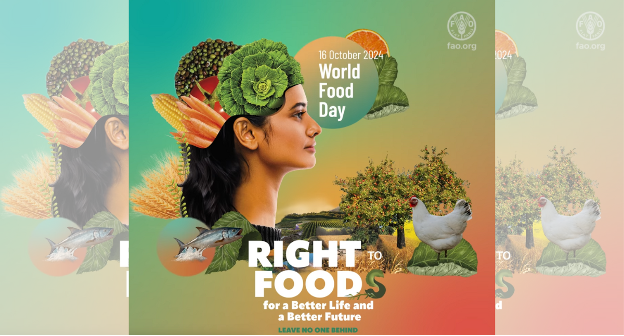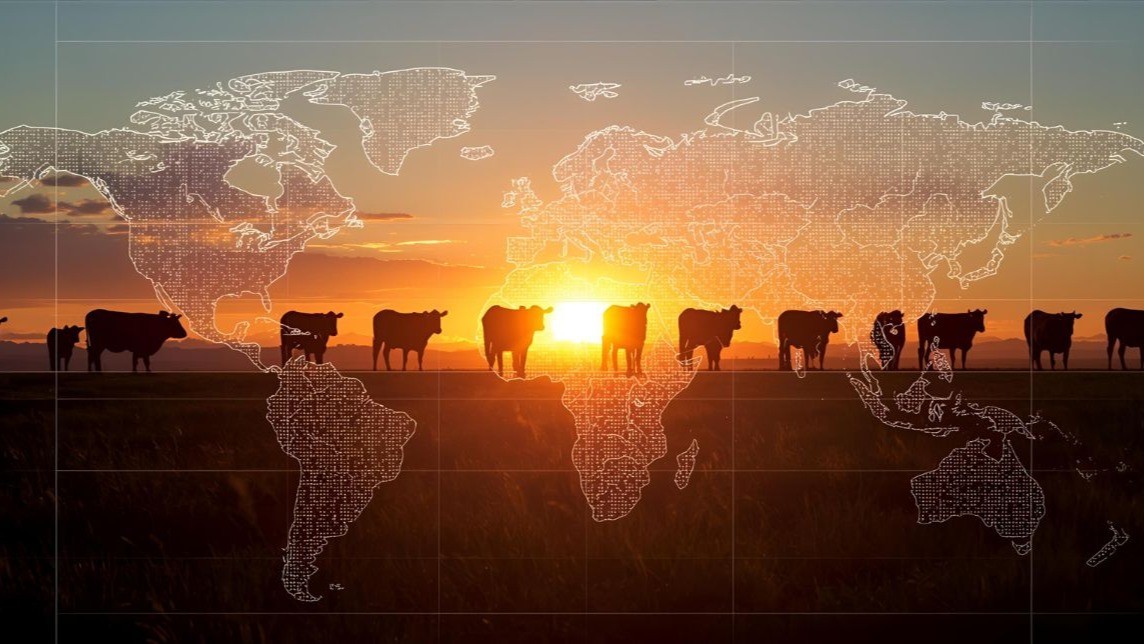Malaysia’s agriculture sector is facing escalating threats from climate change, jeopardizing both food security and economic stability. Extreme weather events, notably the floods of 2014 and 2021, have exposed the sector’s vulnerabilities, resulting in estimated financial losses of RM299 million. Rising temperatures, which have reached alarming highs of 40 °C, further endanger staple crops such as rice. Projections indicate a potential decline in rice production of up to 31% within the next decade due to reduced irrigation water, jeopardizing the nation’s self-sufficiency.
These climate impacts disproportionately affect vulnerable communities, particularly in states like Kelantan and Sabah, where food insecurity is already a pressing issue. The COVID-19 pandemic has further exacerbated these challenges, pushing many deeper into poverty and highlighting the fragility of Malaysia’s food systems. Despite a seemingly abundant food supply, the country generated over 16,000 tonnes of food waste in 2019, reflecting deeper systemic inefficiencies. According to the 2021 Global Food Security Index, Malaysia ranked 39th out of 113 countries, performing well in affordability and quality, but struggling with availability and resilience to climate impacts.
To combat these issues, Malaysia must adopt several critical strategies. First, transitioning to sustainable food systems is imperative. This involves promoting plant-based diets and reducing food waste, thereby decreasing the agricultural sector’s environmental footprint. Additionally, the adoption of Climate-Smart Agriculture (CSA) can play a crucial role in addressing climate change and food security. By increasing productivity, enhancing resilience, and reducing greenhouse gas emissions, CSA helps mitigate agriculture’s contribution to climate change. For example, CSA practices such as precision farming, climate-resilient crops, and agroforestry can reduce deforestation and improve the sustainability of food production. Moreover, increasing crop diversity can enhance resilience against extreme weather, with adaptation costs being minimal relative to the nation’s GDP. Furthermore, realigning financial support for agrifood systems—ensuring greater climate finance for the sector, especially for smallholders—is essential to promote sustainable transformation in Malaysia’s food systems.
As we celebrate World Food Day 2024 tomorrow (16 October 2024), it’s clear that we must act urgently to tackle food challenges. The National Food Policy Action Plan 2021-2025 aims to strengthen our agro-food sector through digital transformation. However, the growing effects of climate change require immediate attention. By adopting sustainable practices and working together, Malaysia can build a stronger agricultural sector that can withstand climate impacts while ensuring food security for everyone.
One effective way to reduce food waste is by redistributing surplus food. BeBy is a non-profit app that connects food donors with those in need, helping to alleviate food insecurity. By using BeBy, you can easily share surplus food and make a positive impact in your community.
The BeBy app is available for free on both Android and iOS.
Join us in the fight against food waste and help feed those who need it most!
Credit Image:
Facebook/FAO
Sources:
Hazri, H. (2022, April 5). Food security a matter of national security. ISIS.
https://www.isis.org.my/2022/04/01/food-security-a-matter-of-national-security/
Mahmood, J., Rajaram, N. N., & Guinto, R. R. (2022, December). Addressing food insecurity and climate change in Malaysia: Current evidence and ways forward. The Malaysian journal of medical sciences: MJMS. https://www.ncbi.nlm.nih.gov/pmc/articles/PMC9910369/
World Bank climate-smart agriculture. (n.d.). https://www.worldbank.org/en/topic/climate-smart-agriculture



